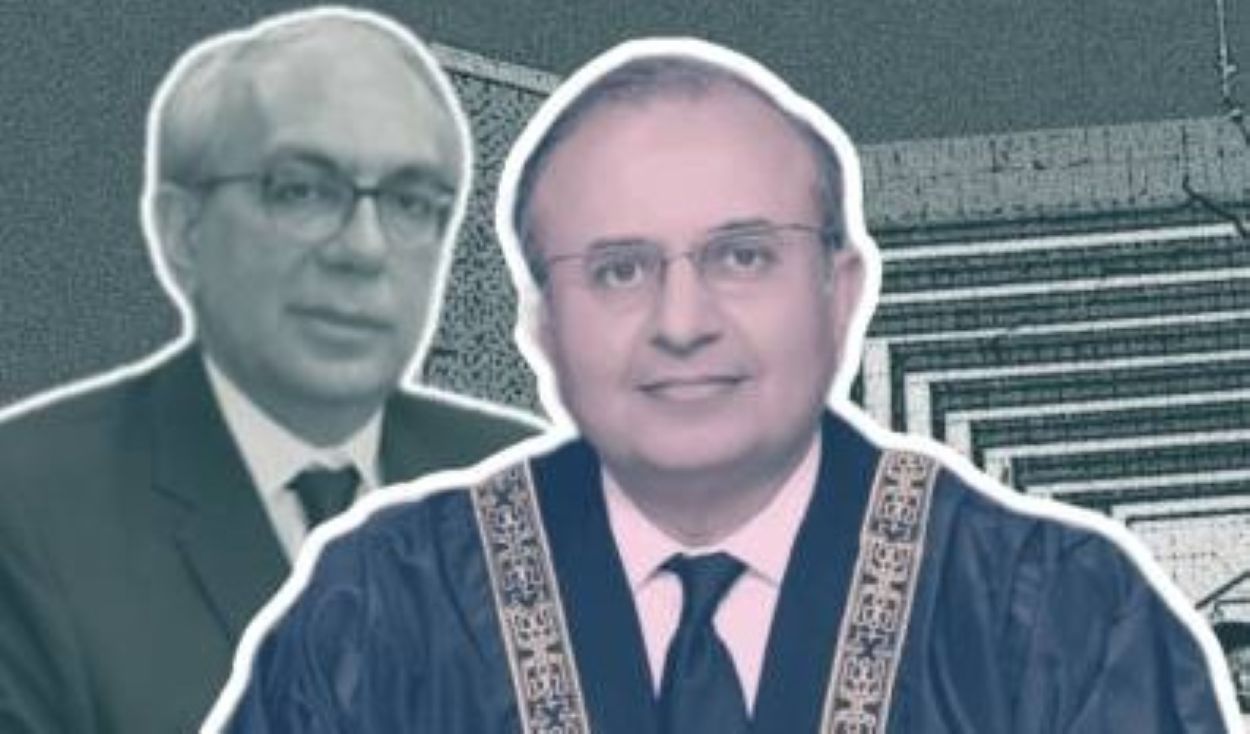The Supreme Court Justice Mansoor Ali Shah and Justice Munib Akhtar, the senior puisne judges recently replaced by Justice Yahya Afridi for the chief justice role under the 26th Constitutional Amendment, have no plans to resign.
Earlier reports indicated that Justice Mansoor Ali Shah may opt to retire after his junior, Justice Yahya Afridi, superseded him. However, sources have refuted these claims, confirming that no one advised him to resign during their in-chamber meeting and labelling such reports as false.
When asked about Justice Mansoor’s future as a Supreme Court judge, his close associates assured him that he would continue in his role. Similarly, Justice Akhtar has resolved to remain on the bench and has no plans to resign.
Read: Justice Yahya Afridi to be Sworn In as New CJP on Oct 26
For example, in 1994, the government bypassed Justice Saad Saood Jan for the chief justice role, instead offering it to Senior Puisne Judge Justice Ajmal Mian, who respectfully declined the position to honour Justice Saad. The second senior-most judge, Justice Abdul Qadeer Chaudhry, declined the offer. In contrast, Justice Sajjad Ali Shah, fourth in seniority, accepted the role of chief justice.
Despite their supersession, Justice Ajmal Mian and Justice Abdul Qadeer Chaudhry decided not to resign and continued their roles as Supreme Court judges. Similarly 1976, after Justice Sardar Muhammad Iqbal completed his term, the government appointed Justice Aslam Riaz Hussain as the new chief justice of the Lahore High Court, overlooking Senior Puisne Judge Justice Maulvi Mushtaq Hussain.
Justice Mushtaq also chose not to resign after being superseded. Following the 1977 martial law, when Justice Aslam Riaz Hussain took on the role of acting governor, Justice Mushtaq stepped in as the acting chief justice of the Lahore High Court and maintained his judicial duties.






